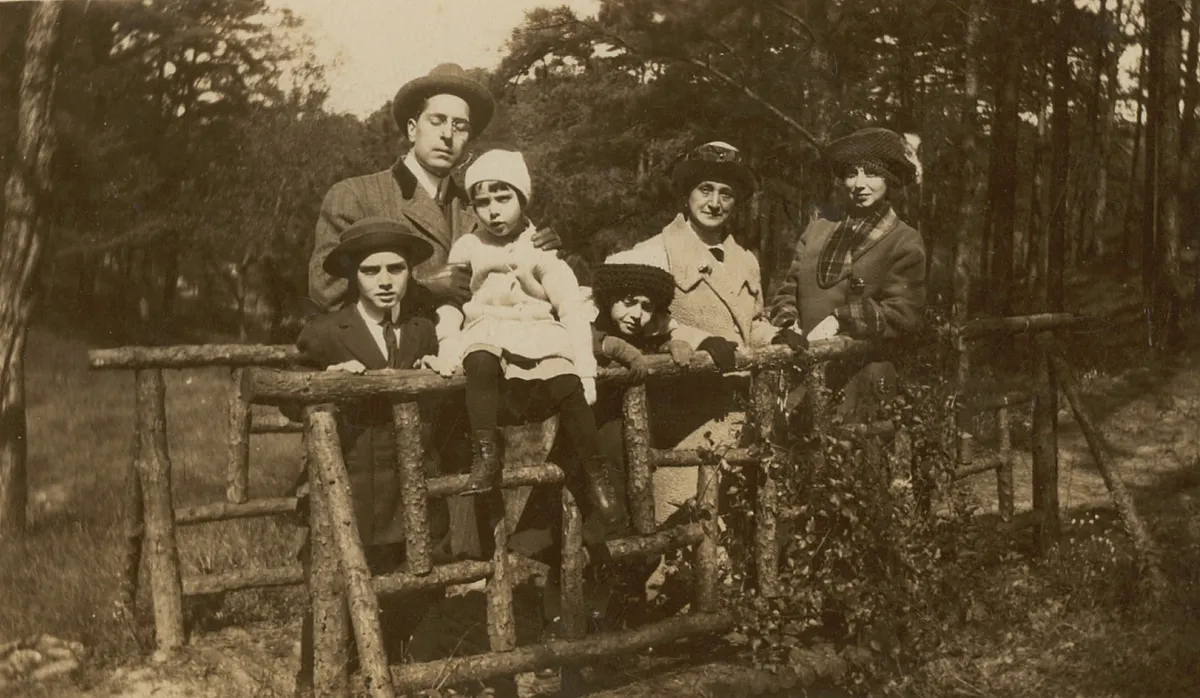A pioneering study has unveiled the biological secrets behind the extraordinary longevity of Maria Branyas Morera, who held the title of the world’s oldest living person before passing away in August 2024 at the age of 117. Scientists have uncovered unique genetic and physiological traits that may have contributed to her disease resistance and extended lifespan, offering valuable insights into the science of aging.
Unraveling the Mystery of Extreme Longevity
Longevity has long been a topic of fascination and scientific inquiry. Maria Branyas Morera’s case presents a compelling opportunity to explore the interplay between genetics, immune function, and lifestyle in extending human life. Researchers collected and analyzed samples of her urine, blood, stool, and saliva during the final year of her life, leading to some astonishing discoveries.
Key Findings from the Study
1. Exceptional Genetic Variants
The research revealed that Branyas possessed seven rare genetic variants that had never been detected in European populations. These genetic markers were linked to enhanced cognitive function, a stronger immune system, improved lung and heart health, and a reduced risk of cancer and autoimmune diseases. This suggests that her genetic makeup played a crucial role in protecting her against age-related illnesses.
2. A Youthful Biological Age
Interestingly, while her chronological age was 117, her biological markers suggested she was physiologically younger. DNA methylation, a key indicator of cellular aging, placed her biological age closer to 100-110 years. This discrepancy indicates that her body aged at a slower rate than expected.
3. Superior Mitochondrial Function
Mitochondria, often referred to as the “powerhouses” of cells, play a vital role in energy production and overall health. Branyas’ mitochondrial function was found to be significantly better than that of much younger individuals, suggesting a strong correlation between efficient cellular energy production and longevity.
4. A Unique Gut Microbiome Composition
One of the most intriguing aspects of the study was the composition of her gut microbiome. Unlike most elderly individuals, she exhibited an unusually high level of actinobacteria, particularly Bifidobacterium, which are known for their anti-inflammatory properties. This could have contributed to her remarkable resistance to age-related diseases and inflammation.
The Role of Diet in Longevity
Dietary habits appeared to play a significant role in maintaining Branyas’ gut health. She reportedly consumed three yogurts daily, a habit that likely helped sustain a beneficial microbiome rich in probiotics. Fermented foods, such as yogurt, are known to support digestive health and reduce inflammation, which are key factors in healthy aging.
 |
| young Maria Branyas Morera (dressed in white) with her family in New Orleans, 1911. (Image credit: Unknown author, Public domain, via Wikimedia Commons) |
What This Means for Aging Research
The findings from this study offer promising insights into how genetic and environmental factors influence longevity. Scientists are now considering potential interventions, including targeted drugs and dietary strategies, to replicate these benefits in broader populations.
However, the study also highlights the challenges in age validation, as extreme old age claims have historically been scrutinized. Despite this, Branyas’ case provides valuable data that may help distinguish between normal aging processes and the factors that contribute to exceptionally long, healthy lives.
Final Thoughts: Can We Unlock the Secret to Longevity?
Maria Branyas Morera’s remarkable lifespan and health have opened new avenues for understanding human longevity. While genetics played a significant role, her lifestyle, diet, and unique biological markers all contributed to her ability to age gracefully and resist disease. Could these insights one day lead to breakthroughs in extending human life expectancy?
What are your thoughts on the science of longevity? Would you adopt a lifestyle similar to Branyas’ to enhance your health and longevity? Share your views in the comments below!
Discover the secrets behind the world’s oldest woman, Maria Branyas Morera. Scientists reveal how genetics, diet, and gut health contributed to her extraordinary longevity. Read more!



Post a Comment
0Comments